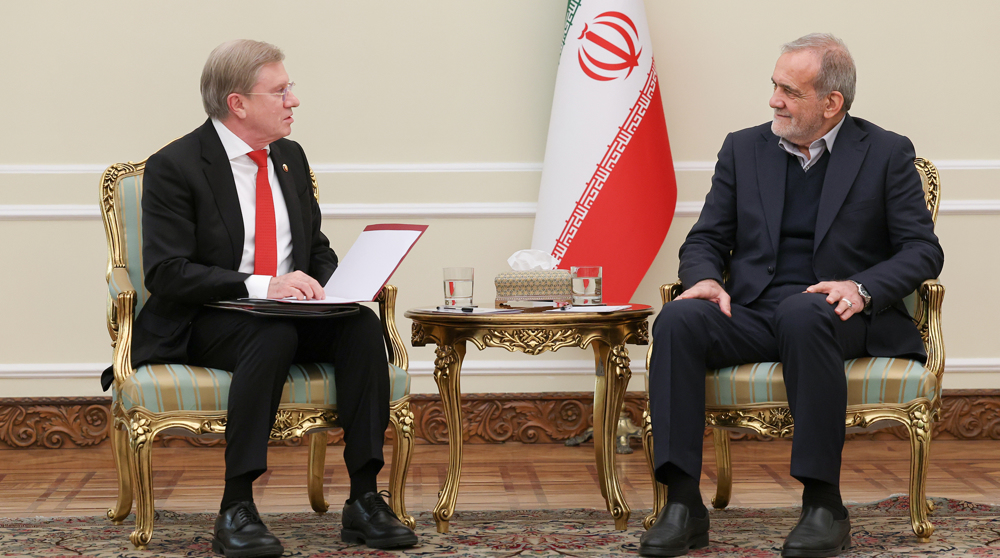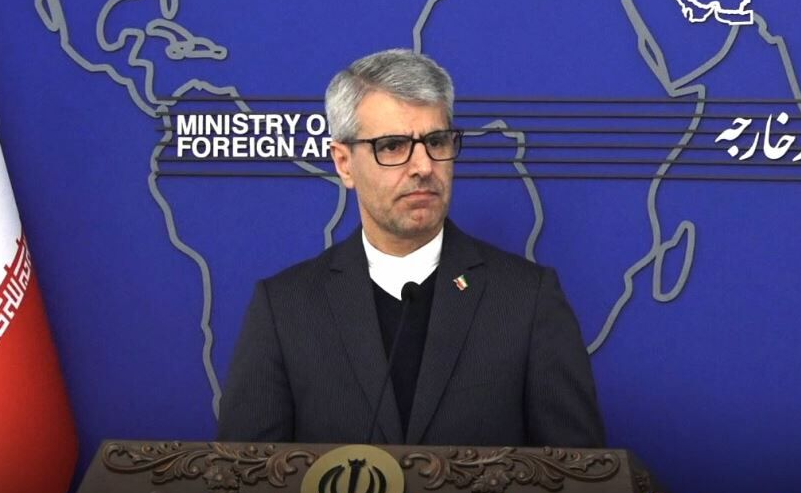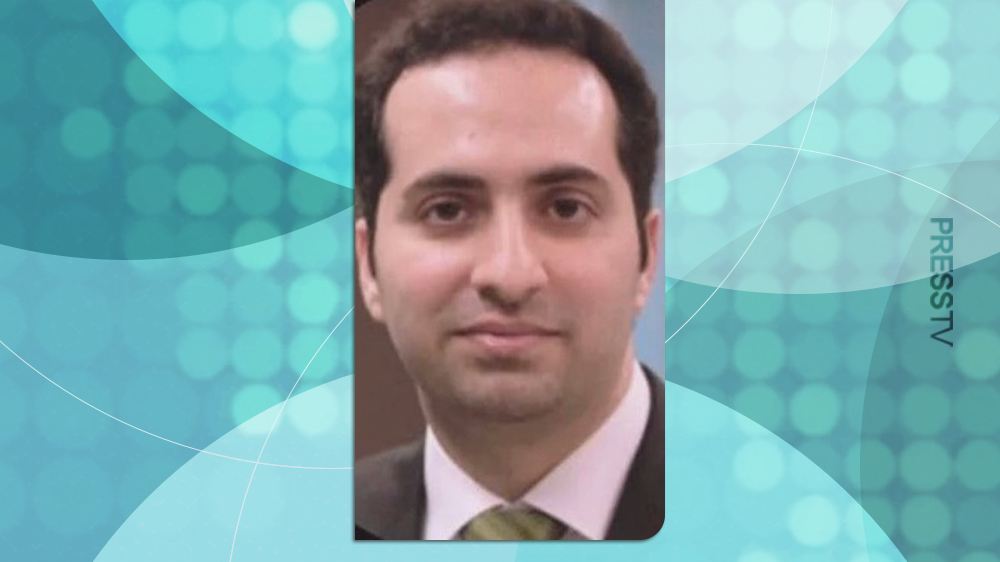Iran says will not obstruct IAEA monitoring activities
The head of Iran’s Atomic Energy Organization (AEOI) has reaffirmed that Tehran has not and will not impede inspection of its nuclear facilities by the International Atomic Energy Agency (IAEA).
"The relationship between Iran and the IAEA is within the framework of safeguards and the NPT [Non-Proliferation Treaty]," Mohammad Eslami told reporters after visiting a nuclear achievements exhibition on Saturday.
"To date, the agency has always had access for its monitoring within the framework of safeguards and NPT, and we have not created and will not create any obstacles for it," he said.
Eslami also acknowledged that Iran has allowed the number of inspections of its nuclear energy facilities to increase.
"We have increased capacity. It is natural that the number of inspections should also increase," he said.
Eslami's comments came after a report by the International Atomic Energy Agency (IAEA) was cited as saying that Iran had agreed to increase monitoring.
"When we carry out nuclear activities, and where we deal with nuclear materials, changing the scale will naturally change the monitoring level," he said. “When, for instance, three units become five units, it is only natural that the level of oversight increases proportionately.”
Last month, Iran announced it would launch "new and advanced" centrifuges in response to an IAEA board resolution censuring Tehran for what it called a lack of cooperation with the agency.
The decision came after IAEA Director General Rafael Grossi toured Iran’s key nuclear sites of Fordow and Natanz and agreed to carry out bilateral interactions in a spirit of collaboration.
Eslami said the IAEA's ambiguities about two of the four allegedly undeclared sites, where traces of uranium were claimed to have been found, have already been resolved, with only the remaining two sites to be cleared of charges.
"We will engage with the agency on the remaining two locations to close the cases," he said.
Eslami also dismissed allegations against Iran’s nuclear program as fabrications driven by the Israeli regime.
Last month, Israeli officials were cited as claiming that the Zionist regime's aerial aggression at the end of October on Iran’s military complex in Parchin had significantly hindered its ability to develop a nuclear bomb.
“These distortions and provocations stem from the Zionist regime, which has long propagated against us. Their aim is to incite the world against Iran,” Eslami said.
“The fabricated claims are orchestrated by the Zionist regime, which thrives on such distractions to sustain its baseless accusations against Iran,” he added.
Press TV’s website can also be accessed at the following alternate addresses:







 This makes it easy to access the Press TV website
This makes it easy to access the Press TV website